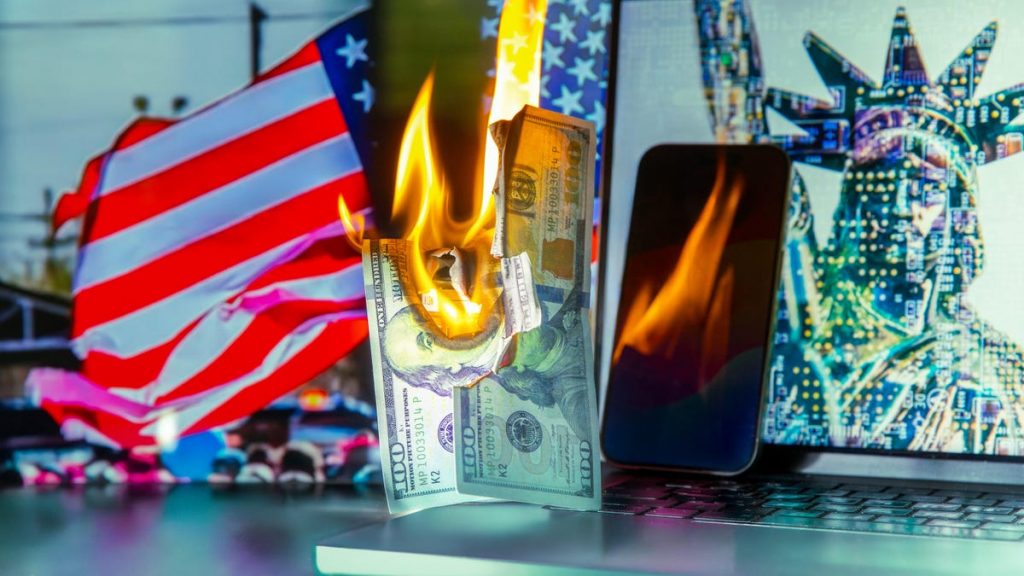President Donald Trump’s contentious barrage of tariffs has people asking a lot of questions: What will they actually do to prices? Should I make that big purchase now? However, one question the White House probably didn’t see coming is consumers wondering how they can do more shopping from China. And the answer to that might be DHgate.
On April 16, the Chinese shopping service DHgate boasted the second-most downloaded free app on Apple’s App Store, behind only OpenAI’s ChatGPT. According to a report from Yahoo Finance, the previous week, it was 352nd on the same list, indicating a stratospheric rise in popularity largely attributed to popular TikTok creators advocating for the e-commerce platform as a way to buy directly from China. As of April 25, it was still the 12th most popular shopping app on the App Store.
So what is DHgate precisely? It’s an online shopping platform based in China that has been around since 2004. Similar in function and appearance to other popular sites like Shein and Temu, DHgate allows consumers to make purchases directly from manufacturers in China. It has gained popularity online for its selection of dupes, which are copies of popular brand-name products sold at much lower prices.
According to Yahoo Finance, numerous Chinese influencers have advocated for international consumers to buy these sorts of products on platforms like DHgate. They argue that many high-end brands buy cheaply made goods from Chinese factories and then sell them with sizable mark-ups.
DHgate did not respond to CNET’s request for comment. The company did, however, give a statement to Yahoo in which it said it is «grateful yet remain(s) humble about this phenomenal surge in traffic.»
Will DHgate help you get around tariffs?
While tariffs are credited with helping juice DHgate’s popularity, the unfortunate reality is that it — and apps like it — will not help you get around Trump’s new tariffs.
China has long been a fixation of Trump’s global trade agenda. The country was the primary target of tariffs and policies during his first term and has remained the biggest target on his second-term agenda, featuring a 10% universal tax on imports from all nations and higher rates for countries with trade imbalances with the US. However, the latter has largely been delayed until July. For now, China’s rates remain in effect, with a base 20% tariff and an additional 125% «reciprocal» tariff bringing the total tax to 145%, a number that has steadily been increasing as the countries retaliate back-and-forth.
Before the second Trump administration, you might have been able to use sites like DHgate to get cheap goods directly from China and avoid import taxes due to a rule known as the «de minimis exception,» which stated that purchases under $800 would not be subject to tariffs or other duties. This rule, however, was done away with via an executive order from Trump and is set to expire next month. So, our advice? If DHgate’s offerings sound appealing to you, get in while the getting’s good.
Speaking with CNET via email, Patti Brennan, CEO of Key Financial, predicted that apps like DHgate wouldn’t be a permanent solution even if they did offer a way around tariffs, as the Trump administration would get wind of them eventually and could «close this loophole one way or the other.»
